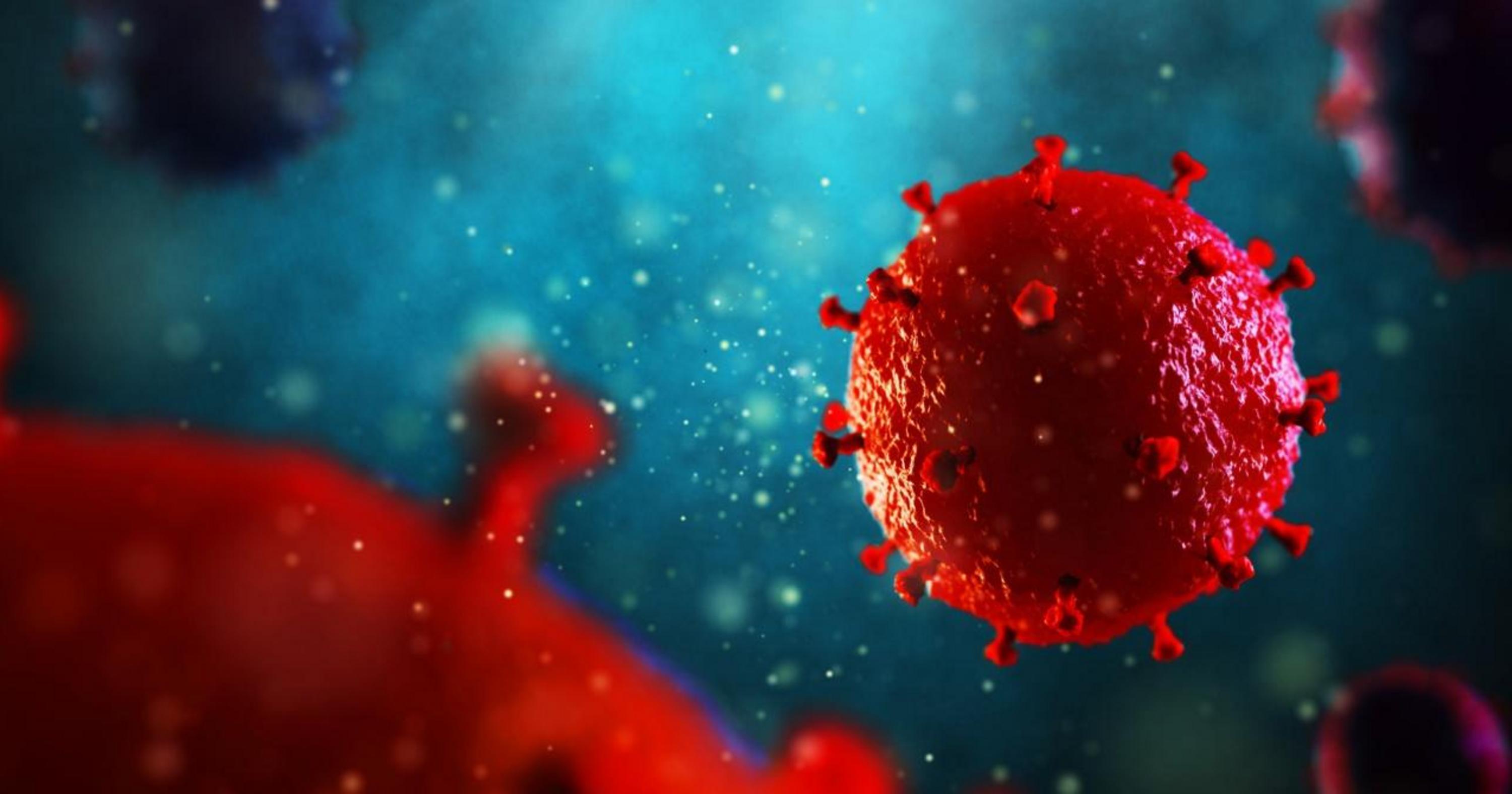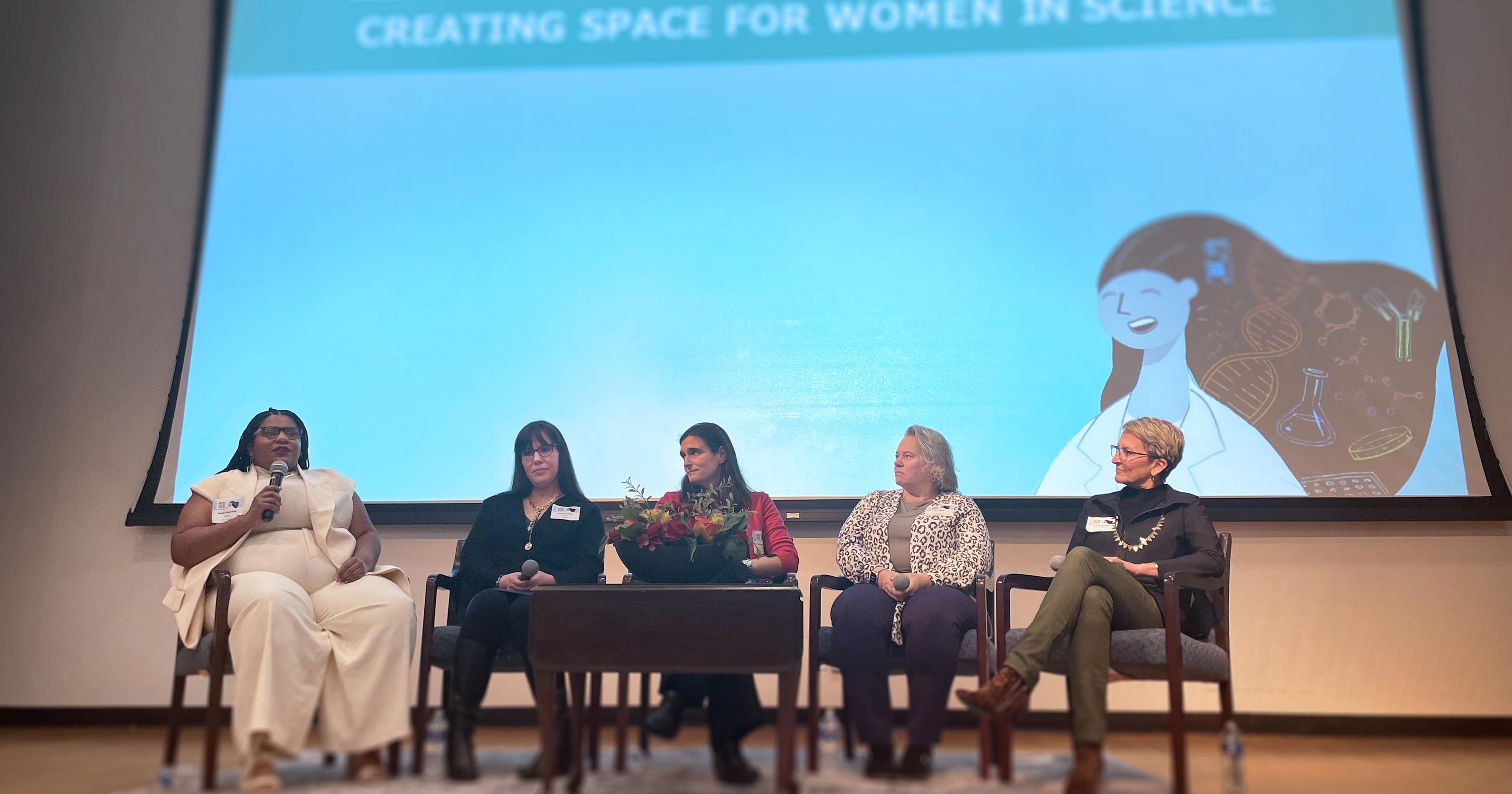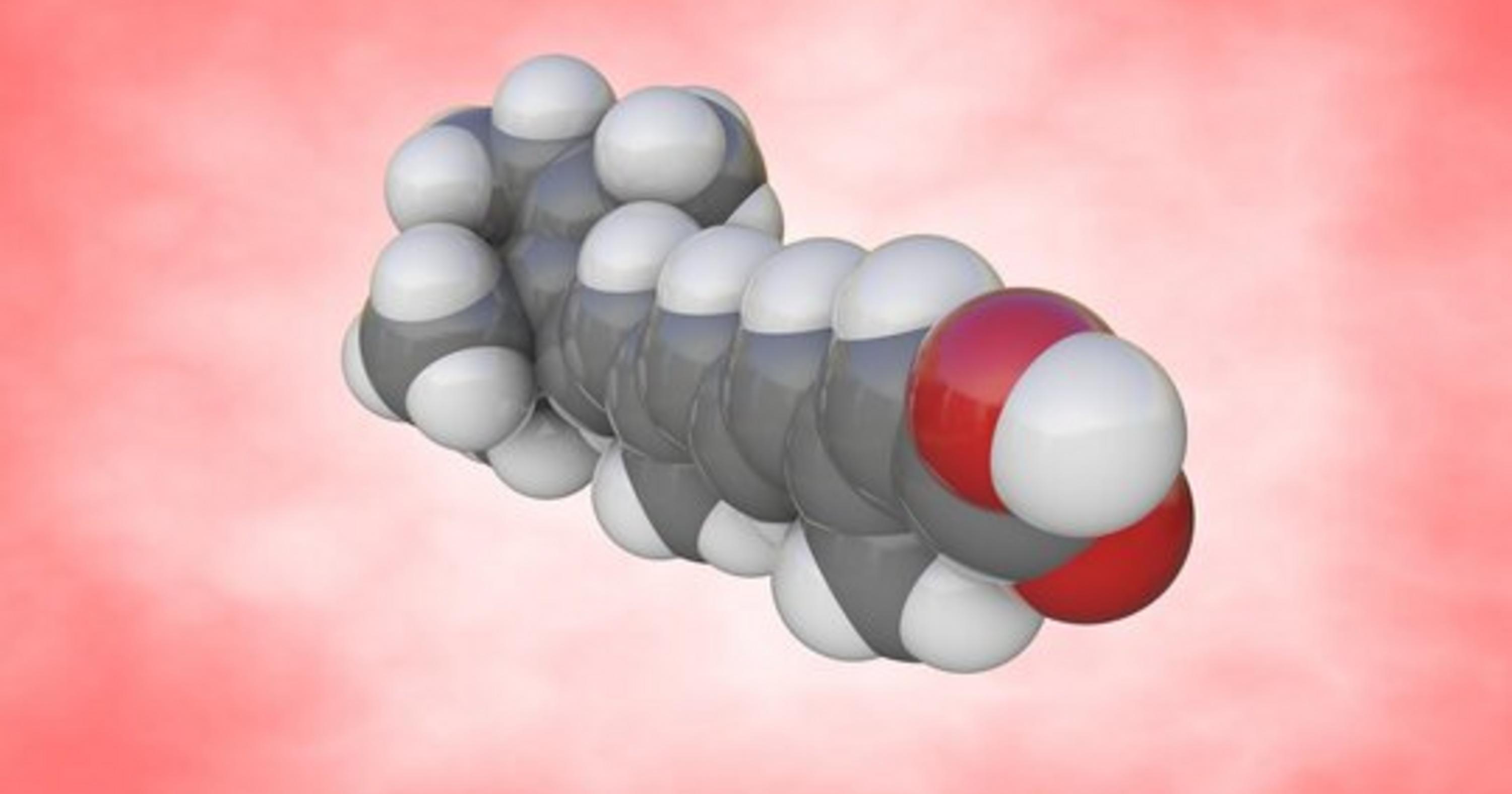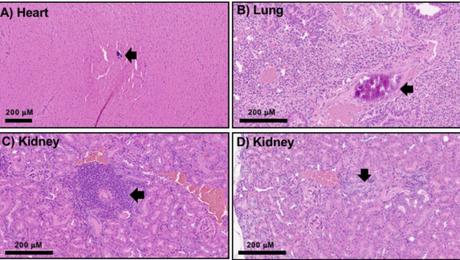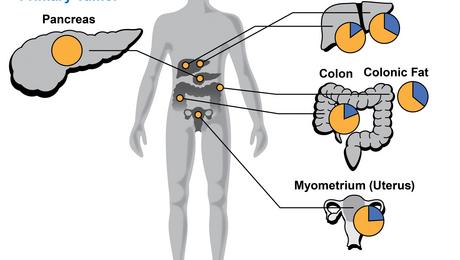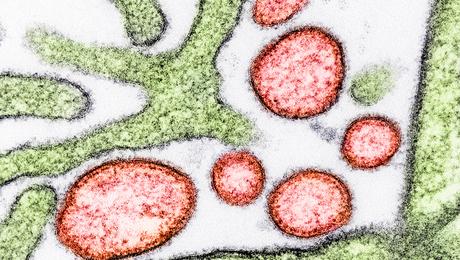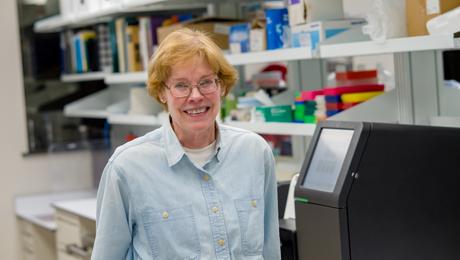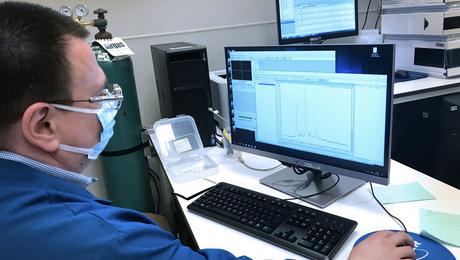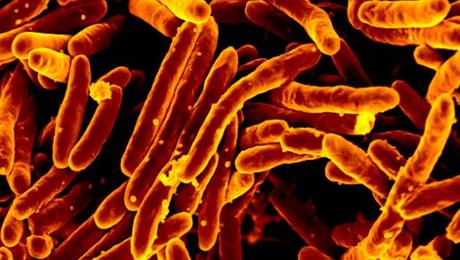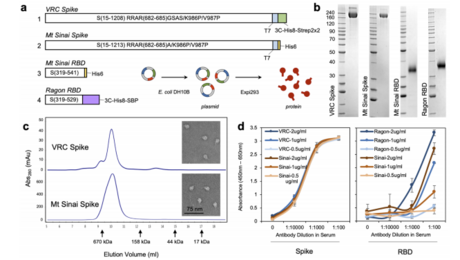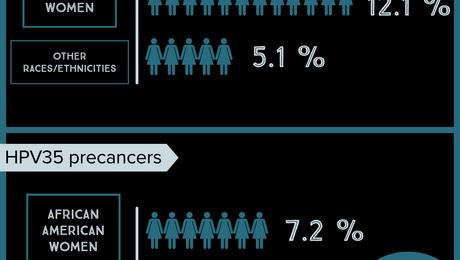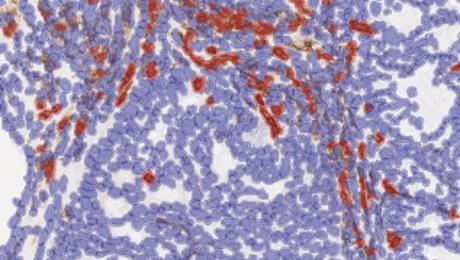All News
Nanotechnology Characterization Laboratory supports long-term study evaluating toxicity from nanoparticles
Posted 8/2/2020The Frederick National Laboratory’s Nanotechnology Characterization Laboratory recently supported a first-of-its-kind study examining whether nanoparticles used for drug delivery, vaccines, and biomedical imaging were toxic over an extended period of time.
The study, led by the Utah Center for Nanomedicine at The University of Utah, looked at the toxicity of certain…
Analysis of “rapid autopsy” tumor tissue may offer guidance to stop or slow cancer’s spread
Posted 7/27/2020Results from genomic testing of a cancer patient’s biopsy tissue can help guide treatment decisions, depending on the types of gene mutations found. But as it spreads or stops responding to treatment, the cancer changes and develops new mutations. Insights gained from the biopsy of the primary tumor may no longer be relevant in determining next steps.
To piece together the…
Compound derived from red algae may protect against Nipah virus
Posted 7/14/2020
A “Swiss army knife” protein that is active against several viruses may also offer some protection against Nipah virus, a lethal pathogen with no cure or vaccine.
The “tool” is griffithsin, a compound extracted from the red algae Griffithsia. A modified version of the protein substantially increased survival rates when administered as a preventative in a live…
Studies show HLA-B gene match with recipient and donor may lead to more successful bone marrow transplant
Posted 7/1/2020For patients with blood cancer such as leukemia, a bone marrow transplant can extend life or even potentially cure the disease. The ideal bone marrow donor is a close relative, such as a brother or sister. If none is available, doctors look for an unrelated donor whose stem cells best match those of the recipient.
Mary Carrington, Ph.D., director of the Basic Sciences…
Argonne-FNL collaboration aims to find a SARS-CoV-2 inhibitor
Posted 7/1/2020A unique library of small-molecule fragments designed and developed by the National Cancer Institute’s RAS Initiative at the Frederick National Laboratory is now furthering the search for a COVID-19 treatment.
Scientist Marcin Dyba holds a tray of compound fragments from the RAS Initiative's tethering library before loading it into the mass spectrometer for testing…
New technical service supports tuberculosis research
Posted 6/30/2020The Frederick National Laboratory for Cancer Research has initiated a new technical service offering, to support tuberculosis vaccine research efforts in nonhuman primate (NHP) model studies.
Scanning electron micrograph of Mycobacterium tuberculosis bacteria, which cause TB.
Credit: National Institute of Allergy and Infectious Diseases, National Institutes of Health…
Scientists optimize SARS-CoV-2 protein production to meet growing need for serology testing
Protein Expression LaboratoryPosted 6/24/2020Scientists at the Frederick National Laboratory for Cancer Research (FNL) successfully increased the yield production of a challenging protein used in antibody tests for SARS-CoV-2, the virus behind COVID-19, publishing their findings earlier this month in Protein Expression and Purification.
With large-scale SARS-CoV-2 serological surveys underway in the United States,…
Scientific partnership including Frederick National Laboratory develops highly specific test to detect antibodies to COVID-19
Protein Expression LaboratoryPosted 6/16/2020Scientists at the Frederick National Laboratory for Cancer Research and investigators across the National Institutes of Health (NIH) have developed a highly specific serology test to determine whether a person has antibodies to SARS-CoV-2, a vital tool to understanding the spread of infection from the virus that causes COVID-19.
The collaboration started in March to…
Study shows HPV35 infection more prevalent in African American women than other groups
Posted 6/14/2020
A type of the human papillomavirus (HPV) that is relatively uncommon among all women is more prevalent among women of African ancestry in the United States according to a National Cancer Institute study published in the International Journal of Cancer and co-authored by scientists at the Frederick National Laboratory for Cancer Research.
HPV is a common sexually…
Analyzing tumors of cancer patients with robust response to treatment may offer clues on how others can benefit and improve tailored treatment
Posted 6/7/2020Patients who have a better-than-average response to cancer treatment can help further research that might benefit all cancer patients. Analysis of their tumor tissues can provide clues about the genetic keys that make their tumor more responsive to treatment.
Fig 1. Tumor tissue from a patient with Uterine Corpus Endometrial Carcinoma (UCEC) was fixed in formalin and…

